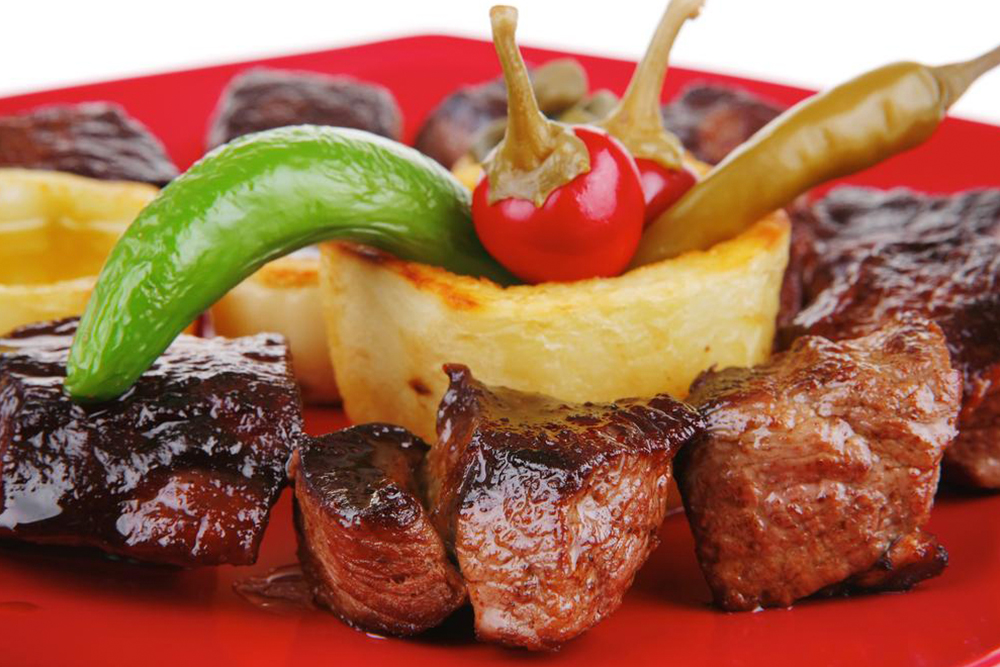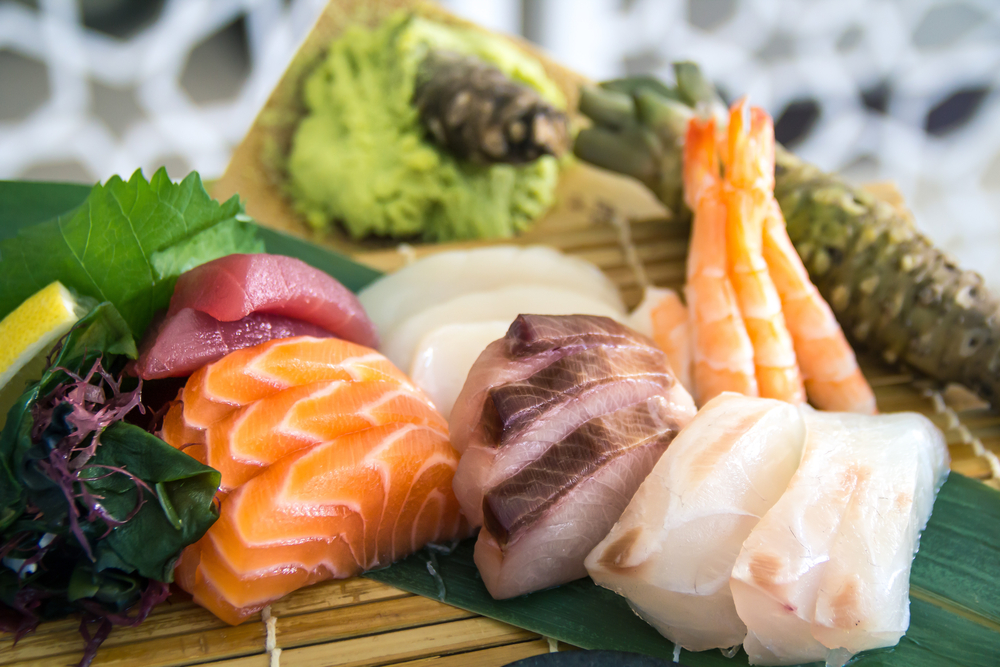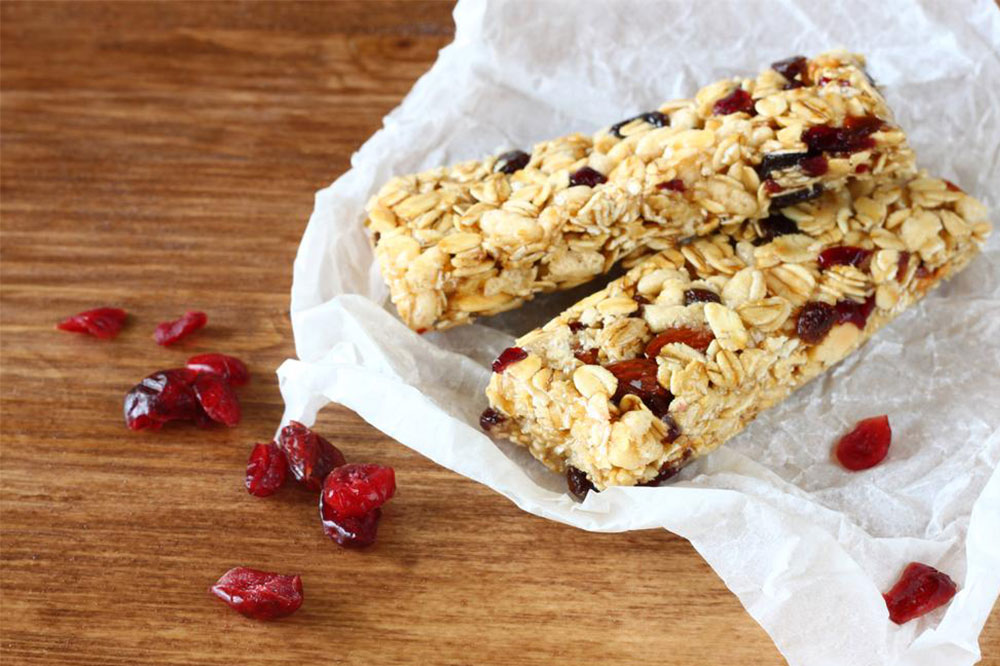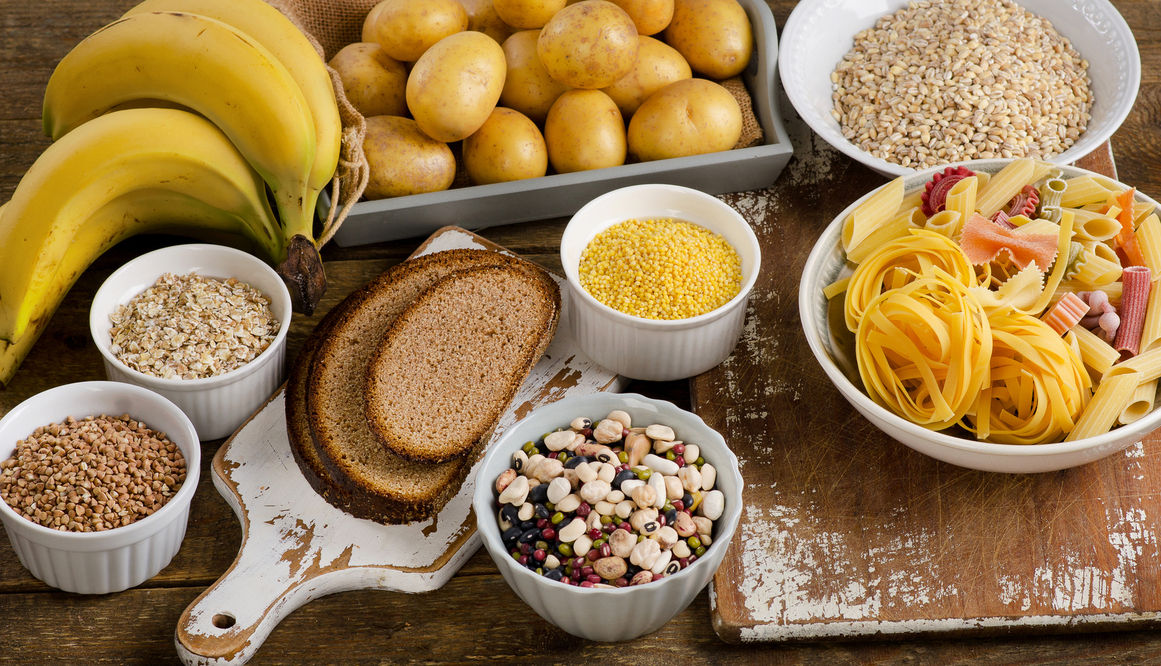Comprehensive Guide to Nutrient-Rich High-Protein Foods for a Healthier Lifestyle
Discover detailed insights into the best high-protein foods, including dairy products and various meats, essential for maintaining a healthy, active lifestyle. This comprehensive guide emphasizes nutrient-rich sources and offers tips for incorporating them into your diet to optimize health and fitness.

Essential Sources of Protein for Optimal Health
Protein is an indispensable nutrient that supports overall well-being, playing a central role in building and repairing tissues, enzymes, hormones, and supporting immune function. As a fundamental component of every cell in the body, it provides the necessary amino acids for growth, maintenance, and energy production. Incorporating a diverse range of high-protein foods into your daily diet not only helps prevent nutritional deficiencies but also enhances physical performance and promotes healthy aging. This comprehensive guide delves into the most nutrient-dense and beneficial sources of high-quality protein, including dairy products and various meats, to assist you in making informed nutritional choices.
Understanding the importance of protein and selecting the right sources can significantly impact your health, muscle development, and overall vitality. Let's explore some of the top protein-rich foods to consider incorporating into your routine.
Nutritious Dairy-Based Protein Sources
Dairy products are renowned for their high protein content and rich nutritional profile. Including these in your diet can provide essential nutrients such as calcium, vitamins, and probiotics, which support overall health and gut wellness.
Greek Yogurt: Greek yogurt is distinguished from regular yogurt by its higher protein concentration and creamy texture. It offers a wealth of probiotics aiding digestive health, along with calcium, which is vital for maintaining strong bones. While flavored varieties may contain added sugars, opting for plain Greek yogurt maximizes health benefits. It serves as an excellent snack or breakfast component, providing approximately 17-20 grams of protein per serving.
Milk: A dietary staple across numerous cultures, milk remains a reliable source of high-quality protein, offering roughly 8 grams per cup. It is rich in vitamin D and calcium, supporting bone health and immune function. With more than 20 gallons consumed annually in many countries, milk's nutritional value makes it a versatile inclusion in diets worldwide.
Eggs: Eggs are considered one of the most complete sources of protein due to their rich amino acid profile. Each large egg contains about 6 grams of high-quality protein, making it an excellent addition to breakfast, salads, or snacks. Their culinary versatility—from boiling to scrambling or frying—adds convenience and flavor to any meal.
Cheese: Cheese delivers a significant protein punch, with approximately 14 grams of protein per half-cup serving. Despite its fat content, cheese offers essential nutrients such as calcium and phosphorus. Incorporating cheese into your diet can enhance flavor and nutritional value, especially in moderation.
Whey Protein: Derived from dairy during cheese production, whey protein is highly digestible and quickly absorbed, making it popular among athletes and bodybuilders. Rich in Branched-Chain Amino Acids (BCAAs), it supports muscle synthesis, recovery, and endurance. Whey supplements can be seamlessly integrated into shakes or smoothies to boost daily protein intake.
High-Protein Meats for a Balanced Diet
Animal-based proteins are among the most concentrated sources of essential amino acids, vital for muscle maintenance, repair, and overall health. Including a variety of meats in your diet ensures you receive an array of nutrients while meeting your protein needs.
Steak: Renowned for its rich flavor and high protein content, steak is especially beneficial when consumed in lean cuts. It provides approximately 7 grams of protein per 7 calories, making it an efficient source of both protein and calories. Opting for leaner varieties such as sirloin or tenderloin can maximize health benefits while keeping fat intake in check.
Ground Beef: Ground beef is a versatile ingredient capable of transforming into burgers, meatloaf, or pasta sauce. It supplies about 18 grams of protein per 3-ounce serving and is naturally high in creatine, which supports energy and muscle power. Choosing leaner options—such as 90% lean—can optimize health benefits.
Ground Chicken: As a lean alternative to ground beef, ground chicken provides roughly 21 grams of protein per 3-ounce portion. It is commonly used in stir-fries, tacos, and casseroles, offering a mild flavor and easy incorporation into various recipes.
Chicken Breast: This lean cut is synonymous with high protein content, delivering approximately 26 grams per 3-ounce cooked serving. Its versatility allows for grilling, baking, or sautéing, making it a staple for health-conscious individuals aiming to boost muscle mass and support weight management.
Turkey Breast: Favored by athletes and bodybuilders, turkey breast boasts about 24 grams of protein per 3-ounce serving. Its low-fat, high-protein profile makes it ideal for those seeking to build lean muscle or maintain a calorie-controlled diet.
Incorporating these meats into your meals, complemented by a balanced intake of other nutrients, can help you meet your daily protein requirements and support your overall health and fitness goals.
By understanding and selecting among these nutrient-dense food sources, you can design a balanced diet that promotes health, energy, and vitality. Whether through dairy products or a variety of meats, each source contributes uniquely to your nutritional needs, supporting a sustainable and enjoyable eating pattern.





